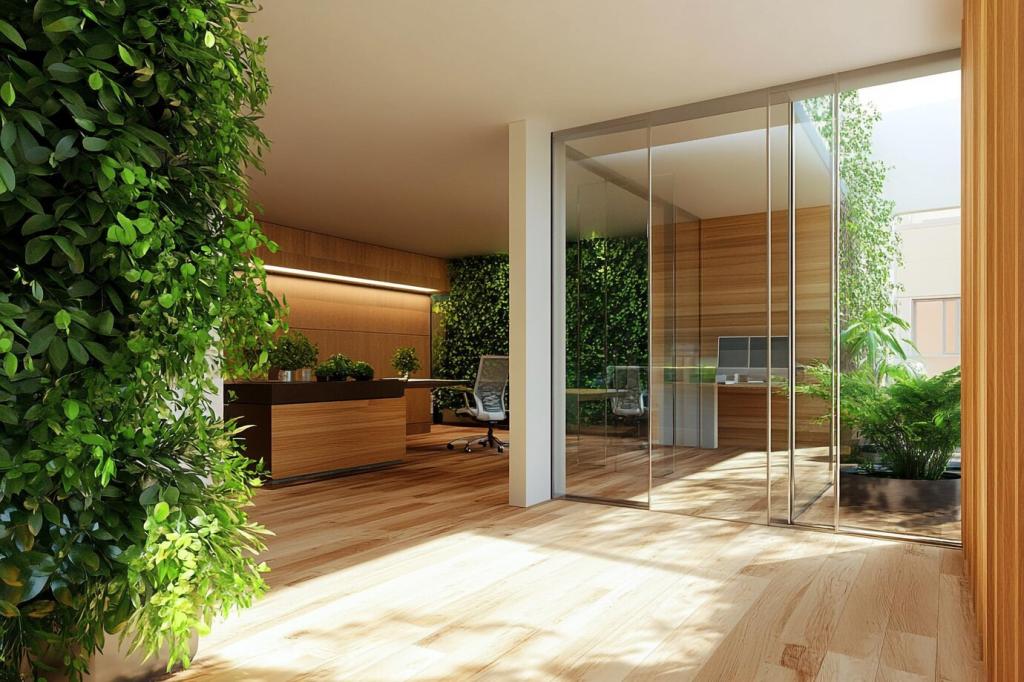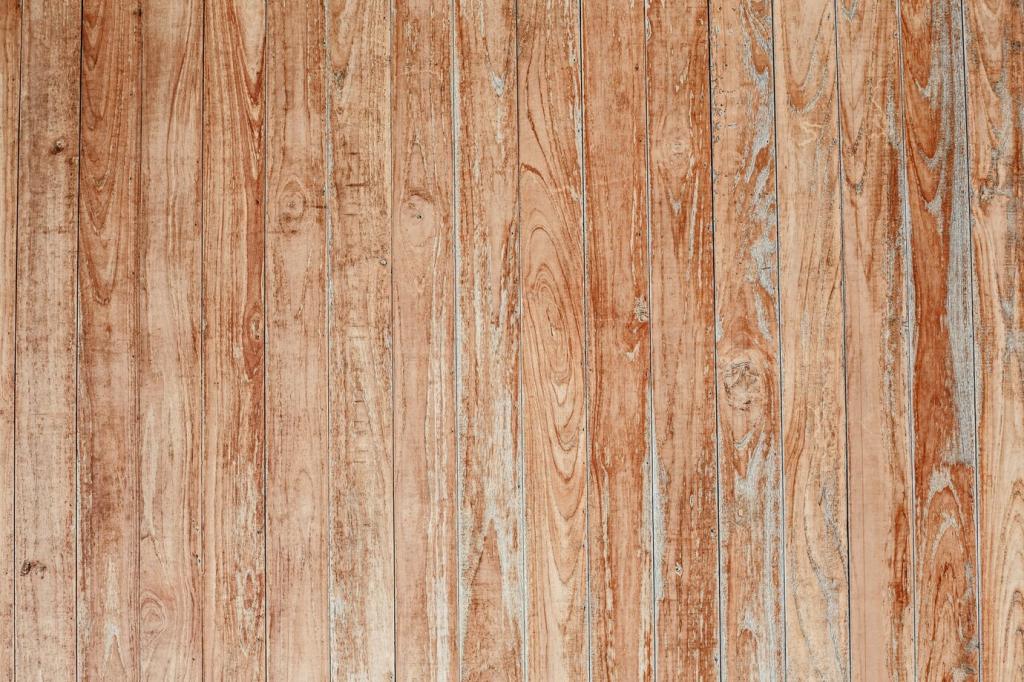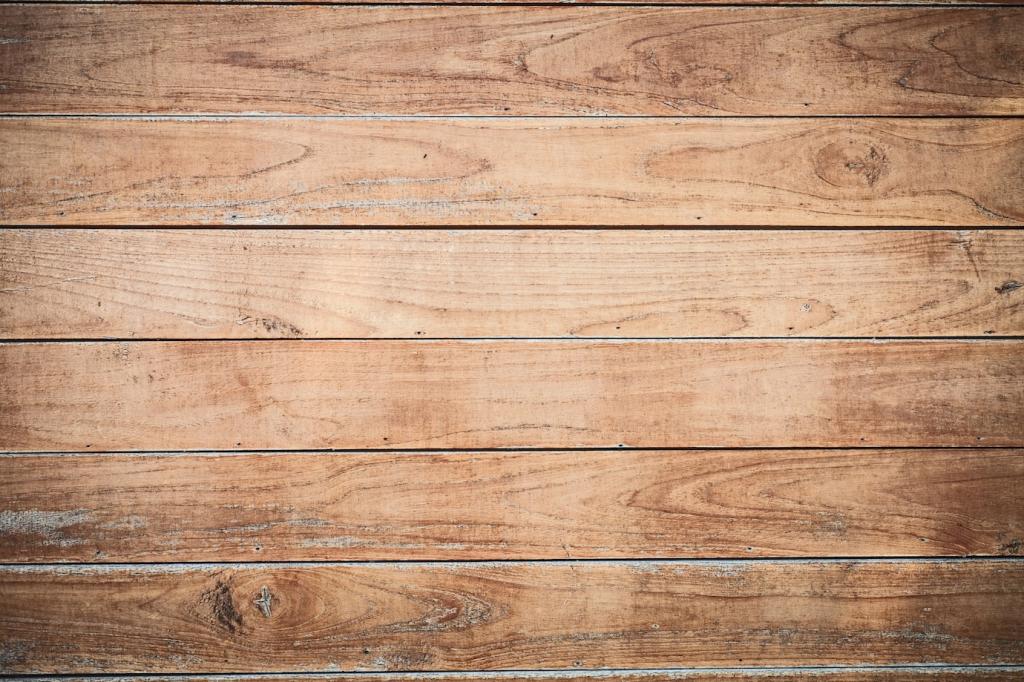Live Better with Energy-efficient Home Design Tips
Chosen theme: Energy-efficient Home Design Tips. Step into a brighter, calmer home that uses less energy, feels more comfortable, and tells a story of thoughtful design. Learn, experiment, and share your wins with our community.
Passive Design That Works While You Sleep
Sun-smart orientation and room placement
Aim daytime spaces toward winter sun and shield them from harsh summer rays using overhangs. South-facing glazing with proper shading can warm your mornings without overheating afternoons, cutting heating loads before you even touch the thermostat.

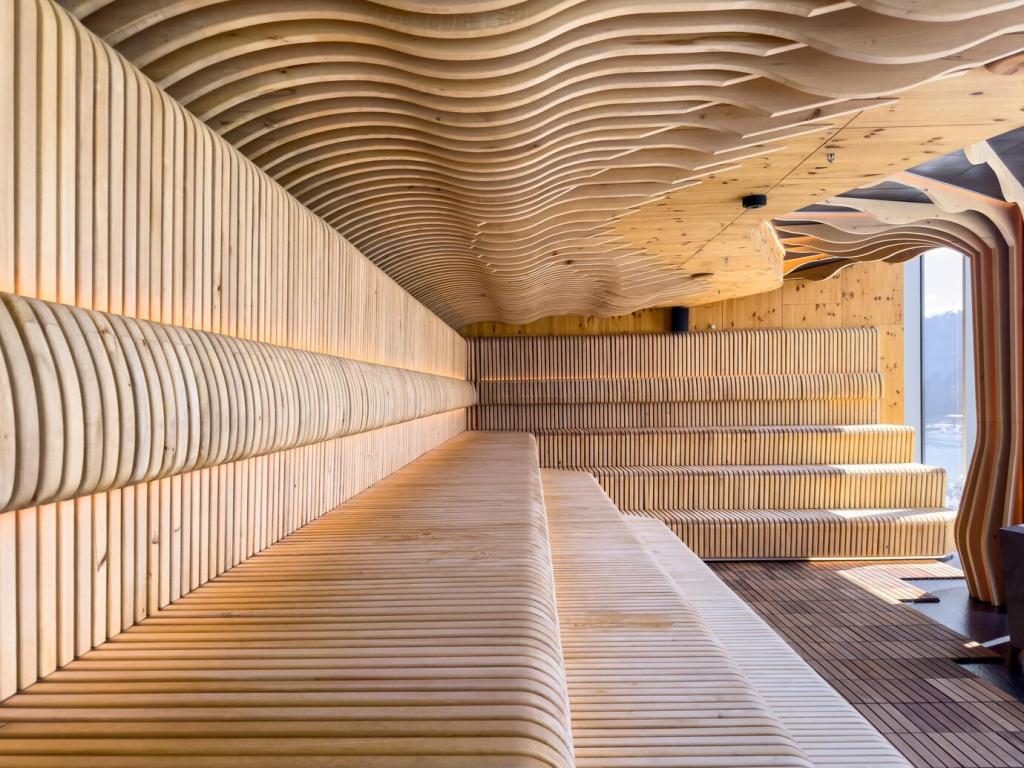

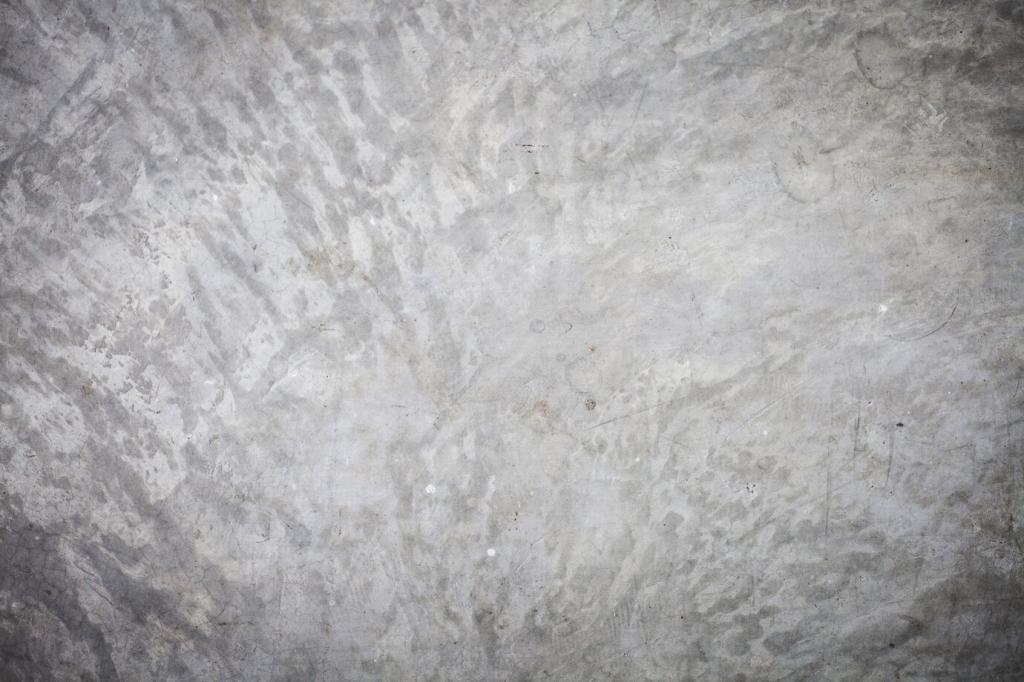
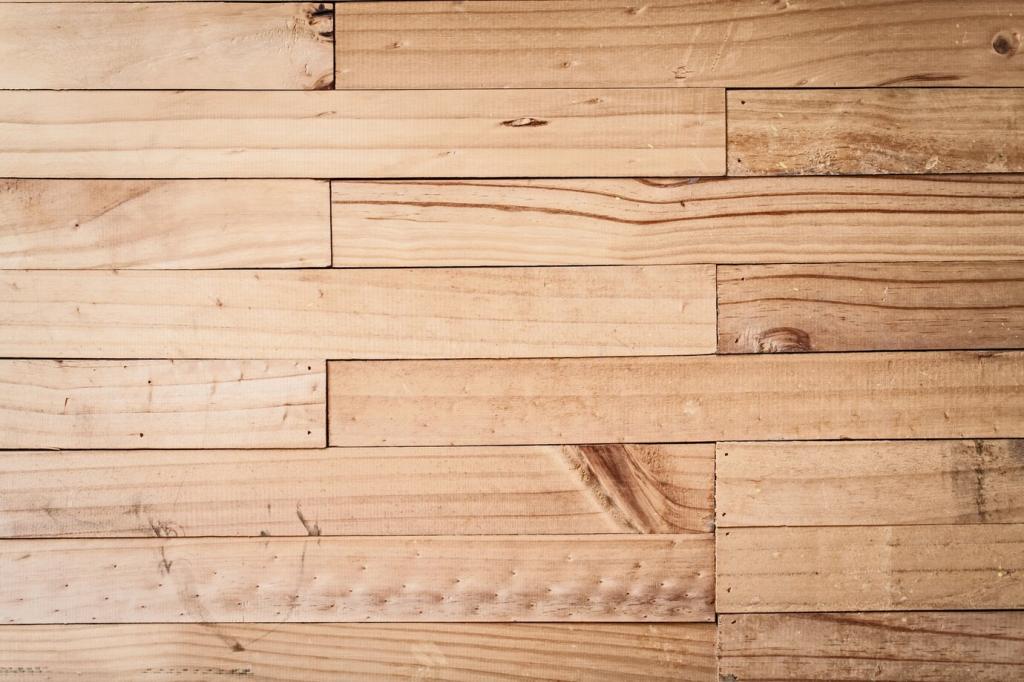
Windows and Shading That Do More Than Look Good
Lower U-factor means less heat loss; SHGC manages solar gain. In cold climates, higher SHGC on south windows can be beneficial, while hot climates need lower SHGC to block summer glare and suppress room temperatures effectively.
Windows and Shading That Do More Than Look Good
Stop heat before it enters. Awnings, pergolas, and well-placed deciduous trees block high summer sun but let winter light in. Exterior solutions reduce cooling demand dramatically while maintaining natural daylight and outdoor views you actually want to keep.
Heat Pumps and Fresh Air, Dialed In
Right-sized, variable-speed heat pumps
Avoid oversizing. Variable-speed systems sip energy while matching load precisely, preventing cold blasts and short cycling. A neighbor’s upgrade cut winter bills by a third, and the quiet indoor units finally made their living room conversation-friendly.
Zoning and smart setpoints
Create zones so bedrooms sleep cool while living areas stay steady. Small setpoint nudges and scheduled setbacks save energy without sacrifice, especially when paired with occupancy sensing that gently eases temperatures only when someone is actually home.
Healthy ventilation with heat recovery
An ERV or HRV exchanges stale air for fresh while conserving energy. Balanced airflow reduces humidity swings, cooking odors, and allergens. Clean filters quarterly and share your maintenance hacks so others keep systems performing like day one.
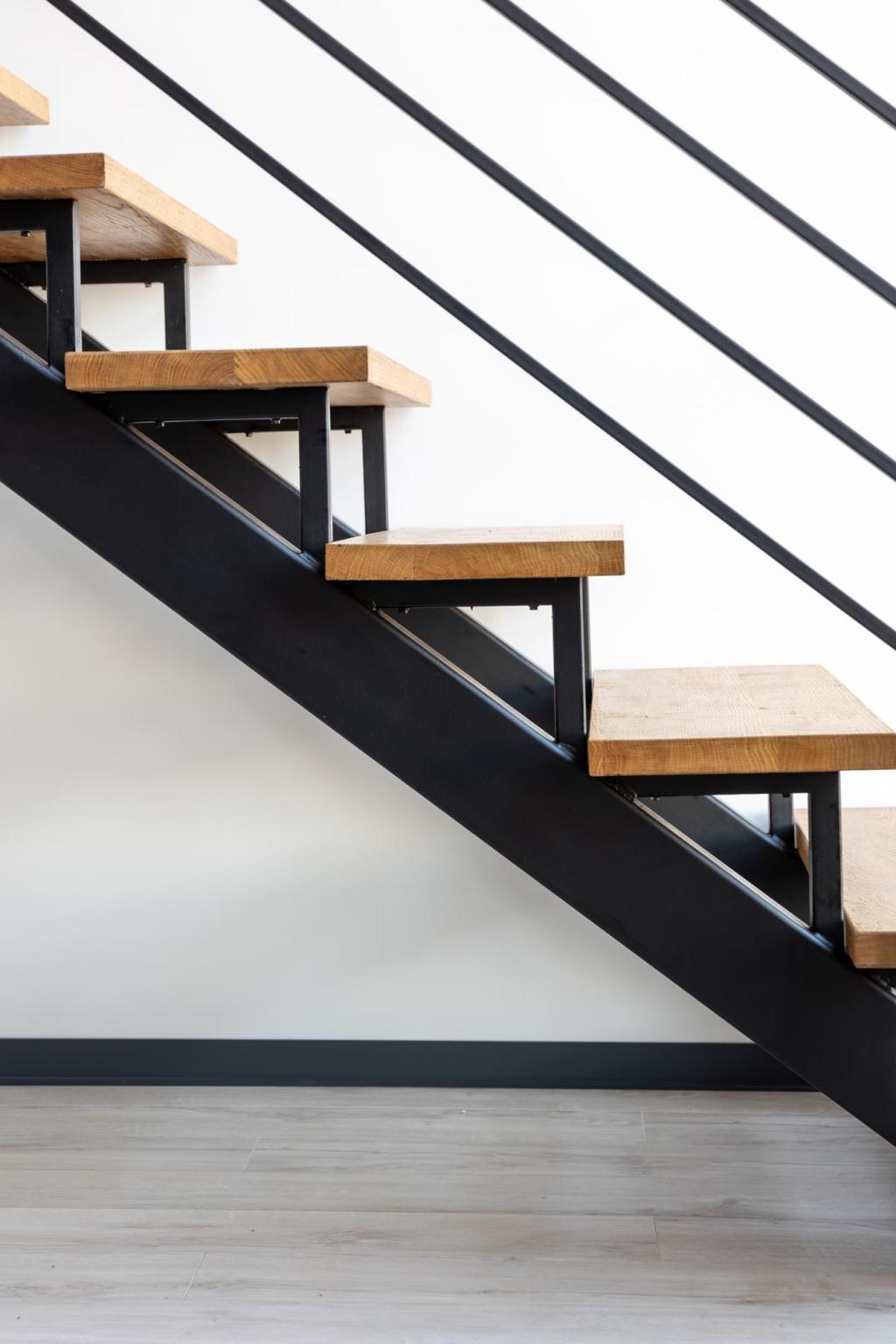
Heat pump water heaters that sip energy
They move heat rather than create it, cutting electricity use significantly. Place them where a bit of cooling and dehumidification actually helps, like a garage or basement, and enjoy quieter operation with steady hot showers year-round.
Short runs and recirculation done right
Insulate hot water lines, keep runs short, and use demand-controlled recirculation to avoid constant pumping. The result is faster hot water at fixtures, lower energy use, and less frustration waiting with cold hands in winter mornings.
Fixtures and habits that feel effortless
Low-flow showerheads with satisfying spray patterns, aerated faucets, and leak alerts save water and energy. Simple habits—cold laundry cycles, right-sized baths—add up. Tell us which tweak surprised you most with comfort kept perfectly intact.
